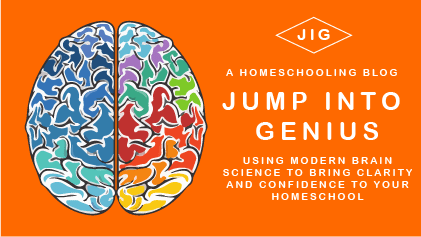Intelligence, according to the Oxford Dictionary is the ability to acquire and apply knowledge and skills. But the study of intelligence goes much farther and deeper.
We are curious about how the brain works. Why does it seem some people learn more easily than others?
We make theories and tests, which further study soon disproves, such as the old idea that intelligence cannot be changed.
Then we try again.
From the multiple intelligence theory to the false idea that IQ tests are an accurate measure of one’s intelligence for a lifetime we continue in our creative endeavor of trying to define intelligence in a deeper, more meaningful way.
The true sign of intelligence is not knowledge but imagination. Albert Einstein
We have this sense that when we use the word intelligence we mean much more than the ability to acquire and apply knowledge and skills.
Even the experts have failed to agree on an underlying theory of intelligence. You may have heard of Howard Gardeners theory of multiple intelligence, but did you know his theory is just one of several theories?
The truth is we have yet to connect a theory of intelligence with the neuroscience of how the brain physically works. While theories of intelligence can reveal bits of truth that help us in our daily lives, we have yet to arrive at that ultimate truth of how intelligence works. The kind of truth that brings with it simple clarity, where a world which was once blurry suddenly comes into focus and everything not only makes sense but is more beautiful than before.
“It takes something more than intelligence to act intelligently.”
― Fyodor Dostoyevsky, Crime and Punishment
So more theories emerge because we have not arrived at the truth. I am currently reading one of the newest theorists, Jeff Hawkins, whose journey is not only about the brain but also using brain functions as a model to create more intelligent machines. This led him to ruthlessly reject many of the partial theories of intelligence abundant in many separate fields. As he read paper after paper on brain function he soon realized there was no over-arching theory of how the brain works. He also found many scientists do not believe they will ever understand the brain. Many believe it is too complex. A complex brain that is too complicated to understand itself.
I don’t know, but I think humans are pretty intelligent, and when we share our knowledge and abilities with others, that knowledge can grow exponentially. I have not finished Hawkins book, On Intelligence: How a New Understanding of the Brain Will Lead to Truly Intelligent Machines, but I am excited to dive into this new understanding.
Hawkins requires any theory of brain function to include three essentials.
1. Including time in brain function. He requires this because our brain functions in time and our brain and intelligence both change over time. Our brain and time are intrinsically connected.
2. Feedback, which are connections flowing backward. In the neocortex for every fiber that feeds information forward, there are 10 fibers feeding information backward.
3. The physical architecture of the brain needs to be included.
Hawkins points out that one faulty tendency we have when speaking of intelligence is to equate it with behavior.
You can sit on the couch doing nothing. But you can be thinking and understanding while you do nothing.
“Intelligence is not just a matter of behaving intelligently. Behavior is a manifestation of intelligence, but not the central charachteristic or primary definition of being intelligent.” Jeff Hawkins
How often do we try to measure intelligence by looking at and measuring behavior?
“A human doesn’t need to “do” anything to understand a story.” Jeff Hawkins
Ignoring what is going on inside the head while instead putting all our focus on external behavior keeps us from understanding intelligence.
“We have to look inside the brain to understand intelligence.” Jeff Hawkins
How often, as parents and teachers, do we measure a students intelligence based upon their behavior?
Many factors affect behavior, intelligence being only one of many.
Perhaps this new understanding of the brain will help us as educators learn how to increase and unleash the intelligence present in all our children.
Stay tuned and join me on the journey as I blog through Hawkins book and share his insights on how we can use them in our search to raise up an intelligent generation.


